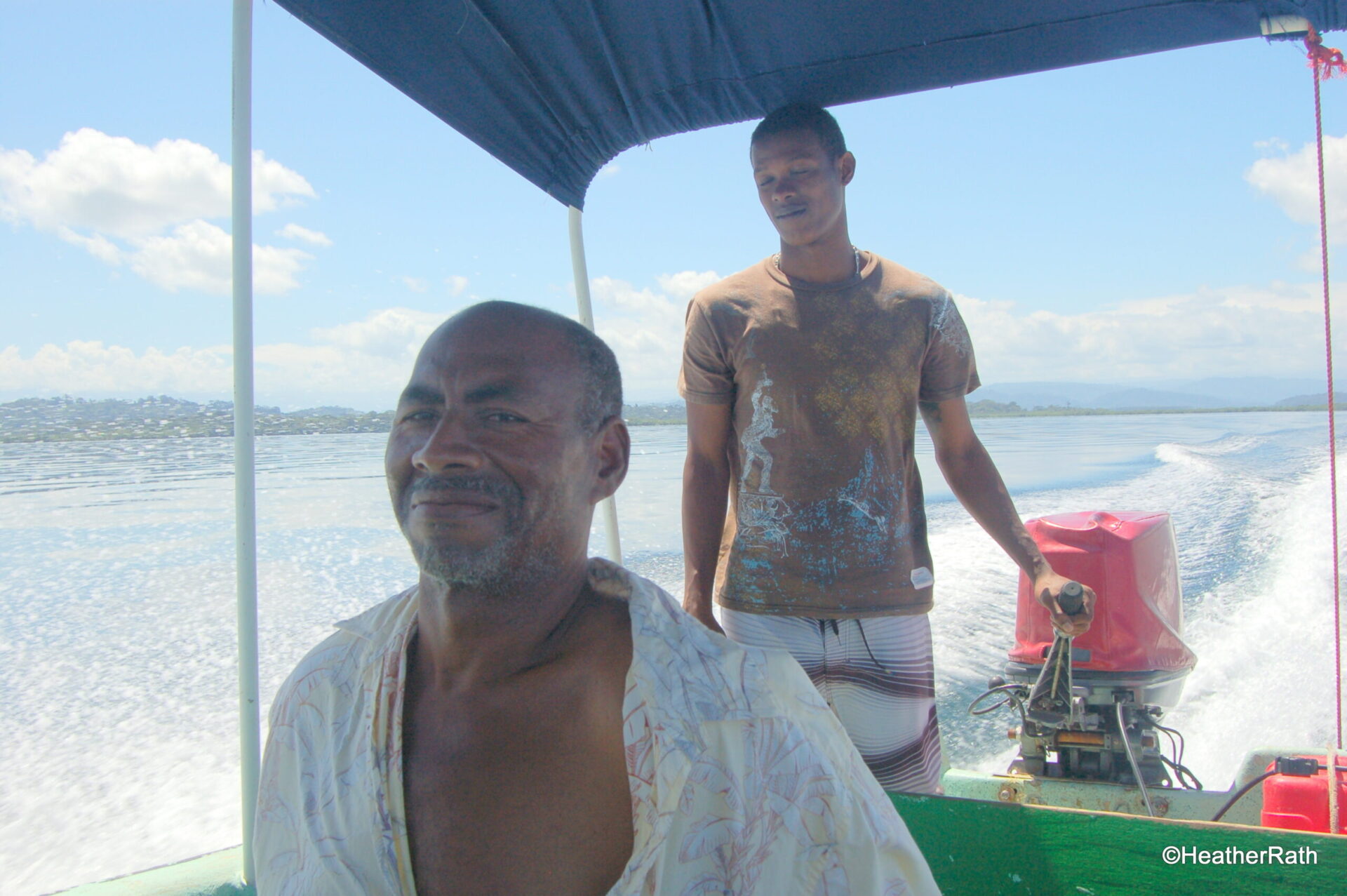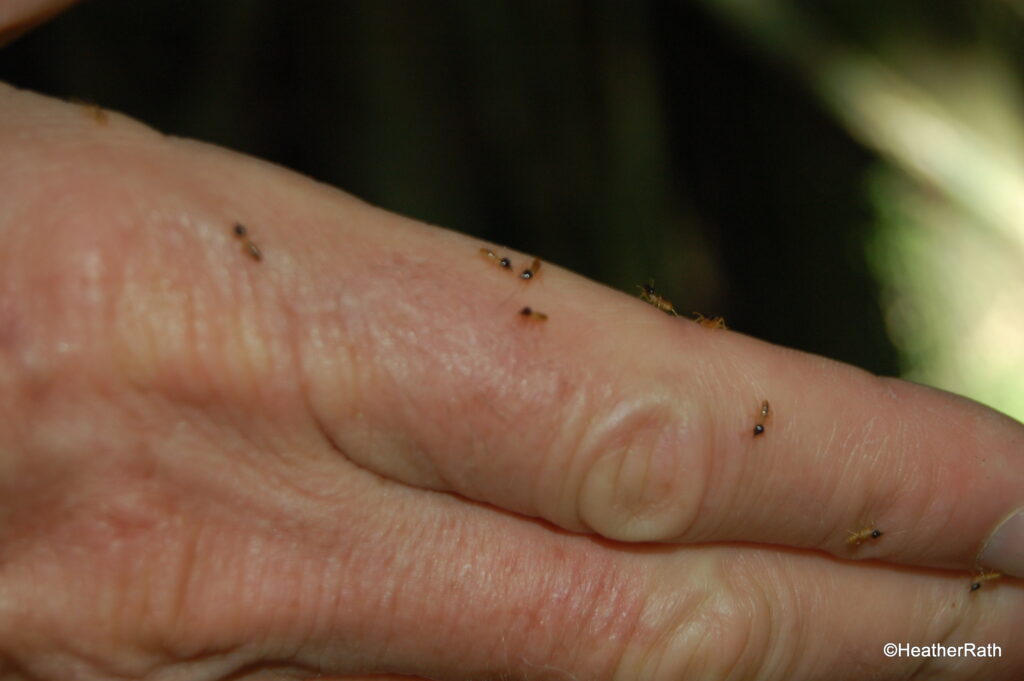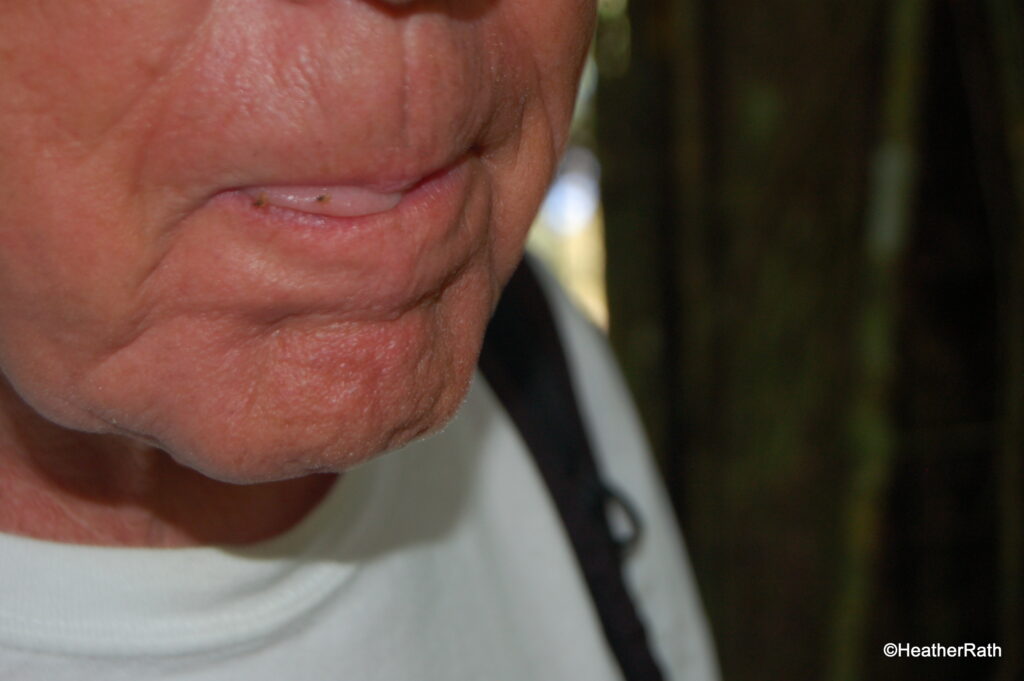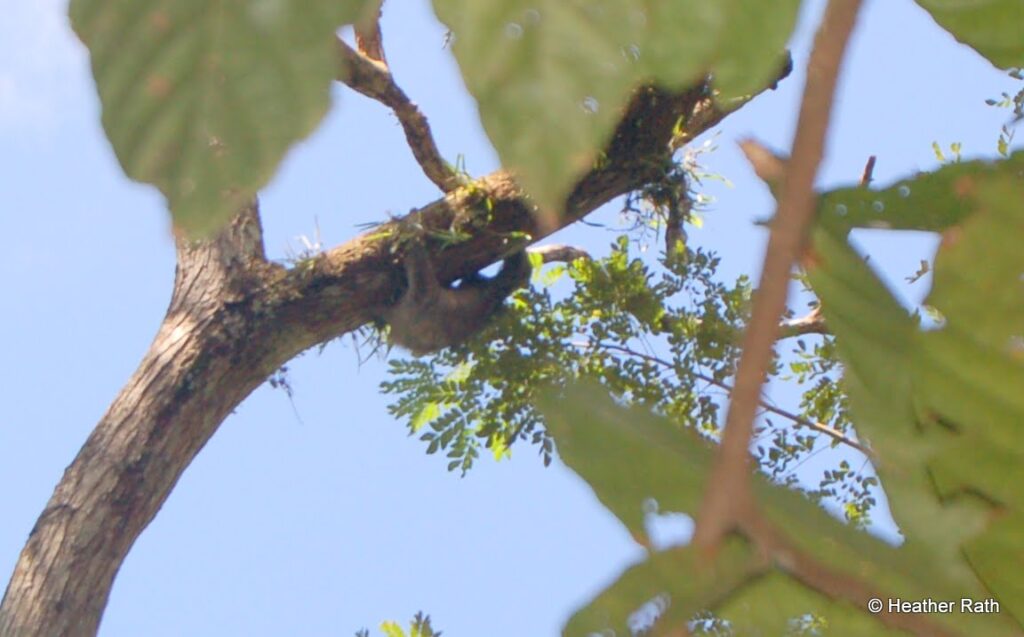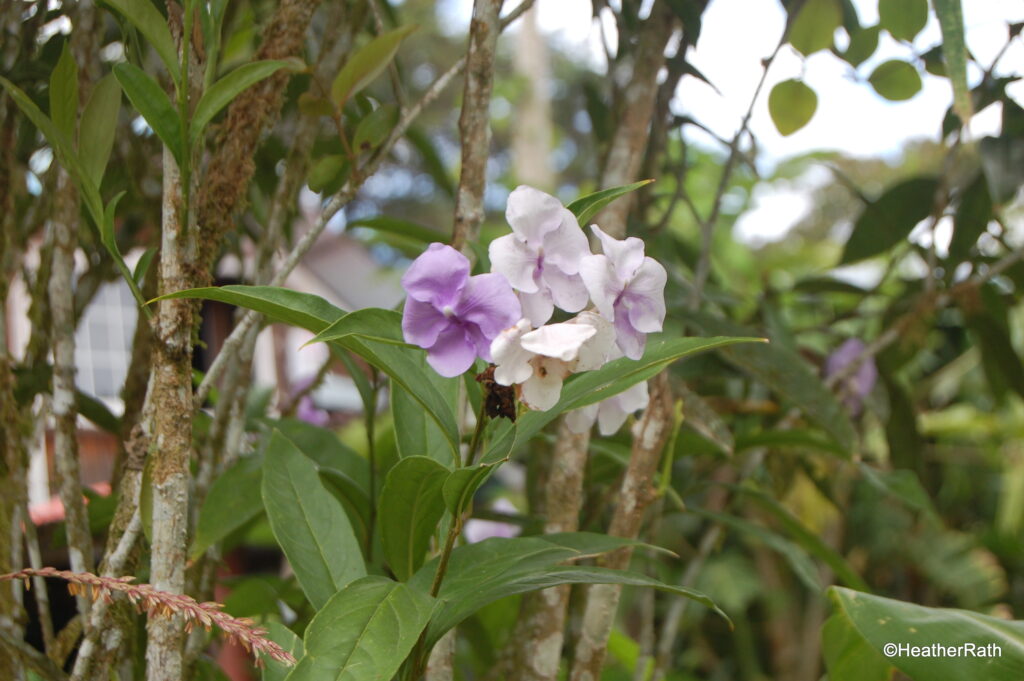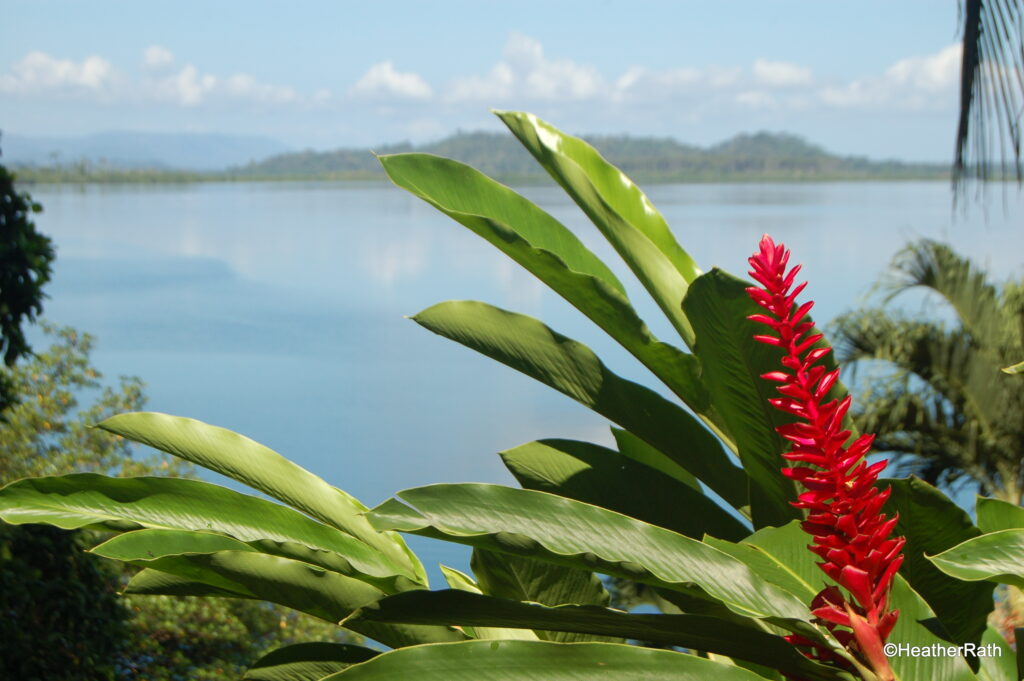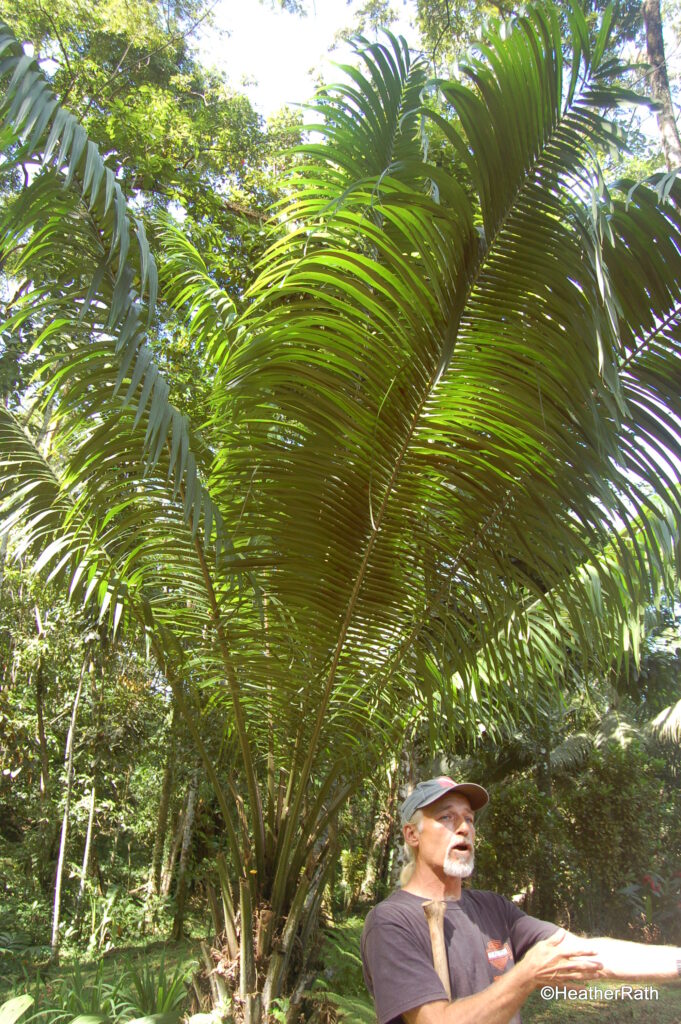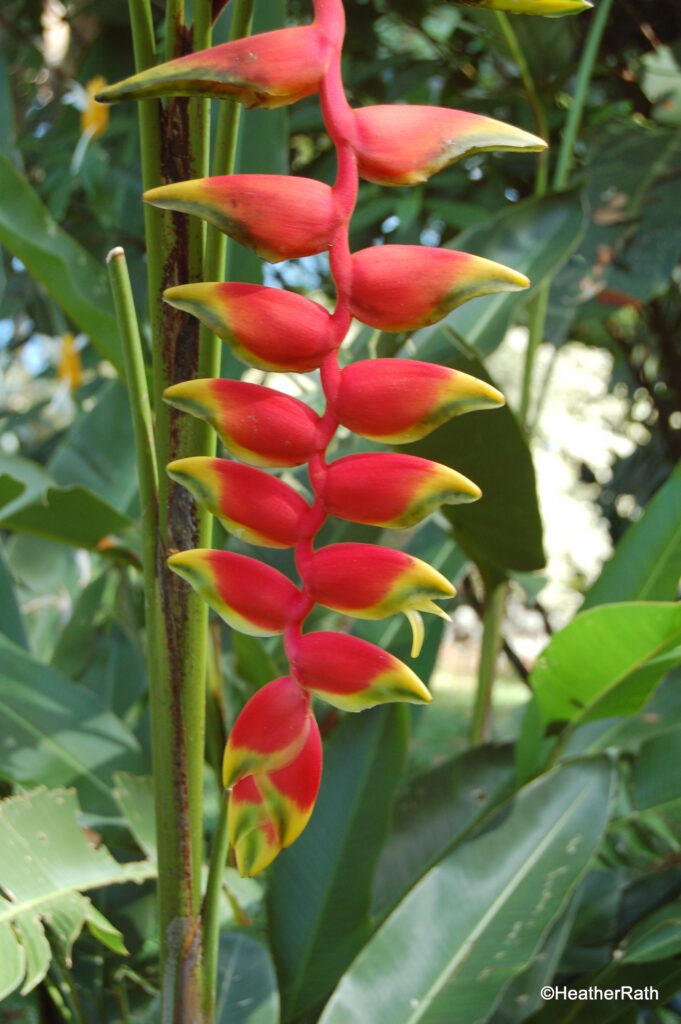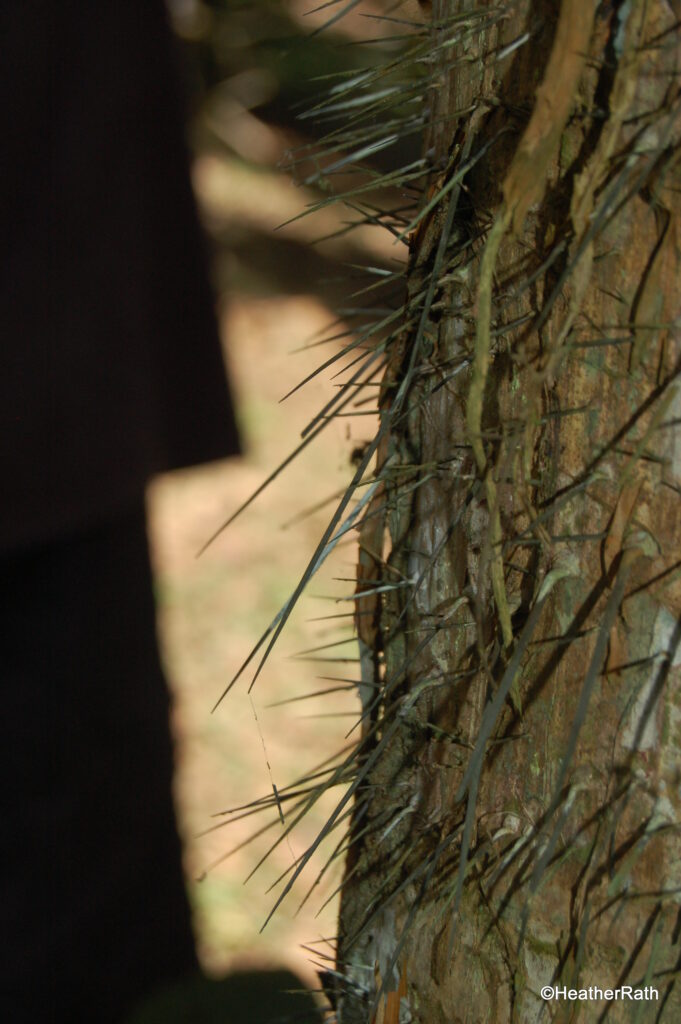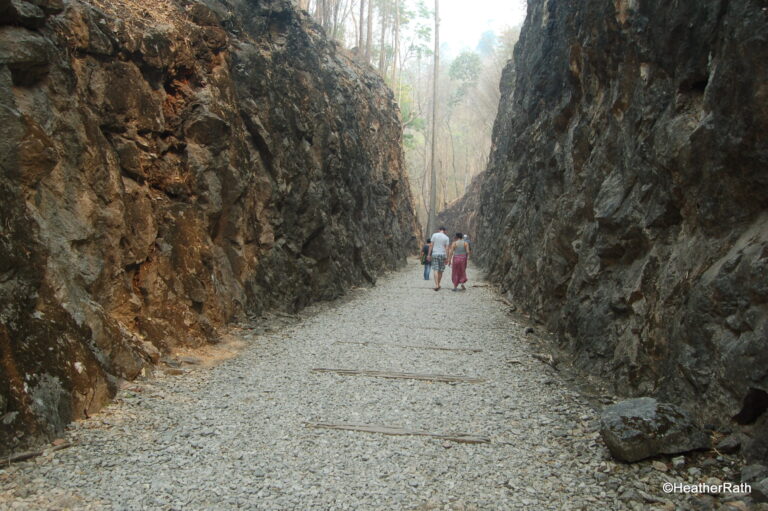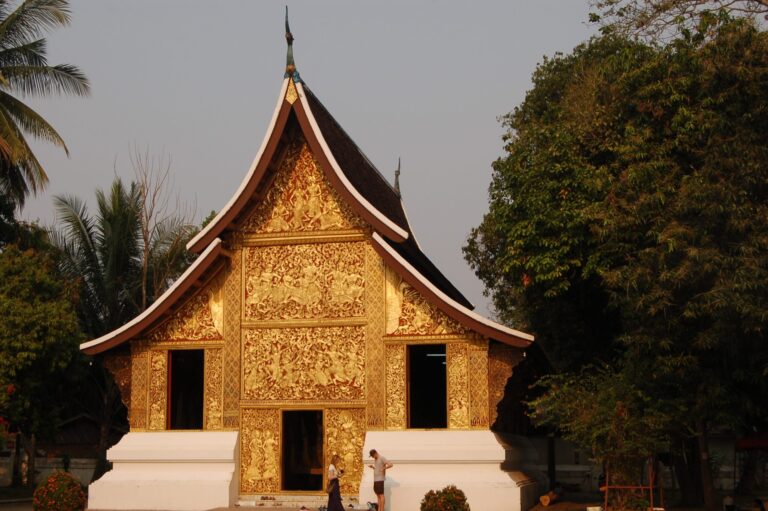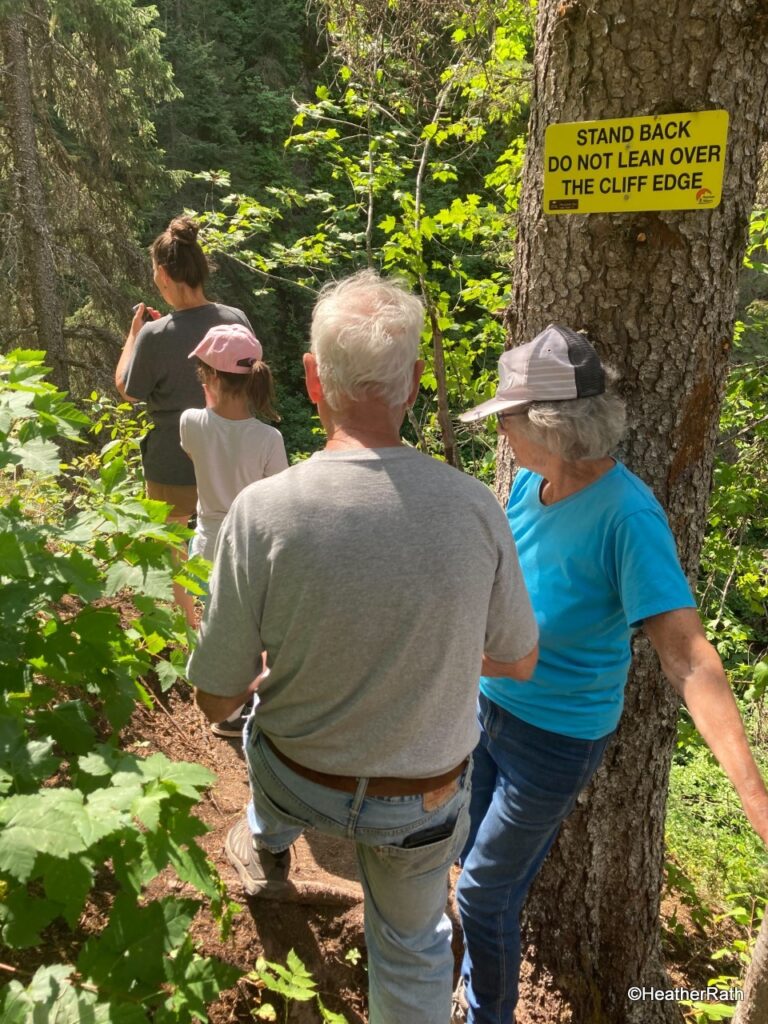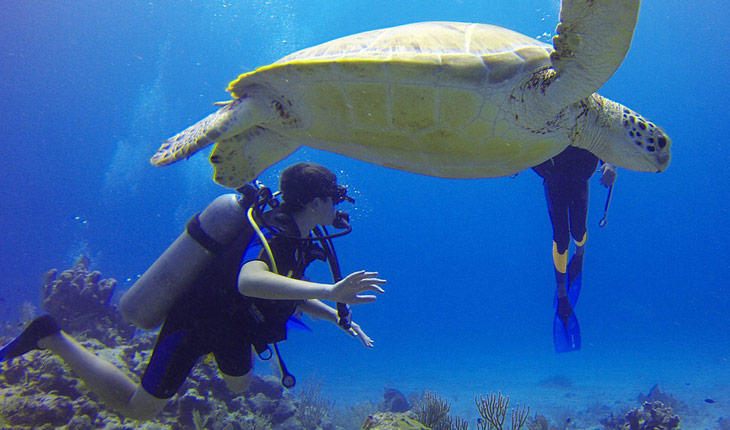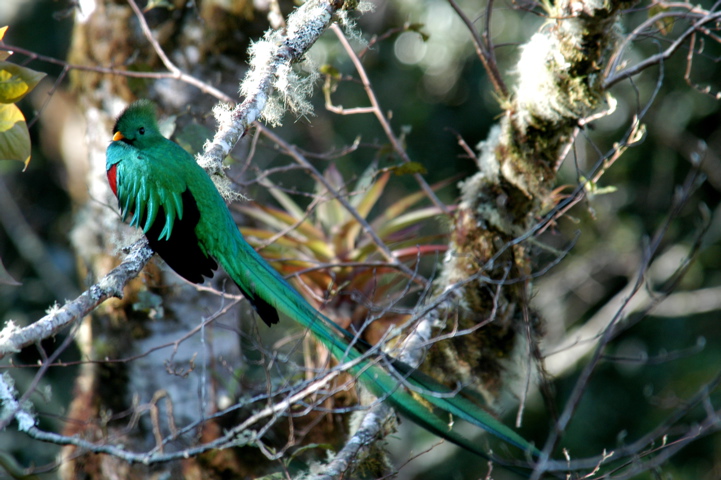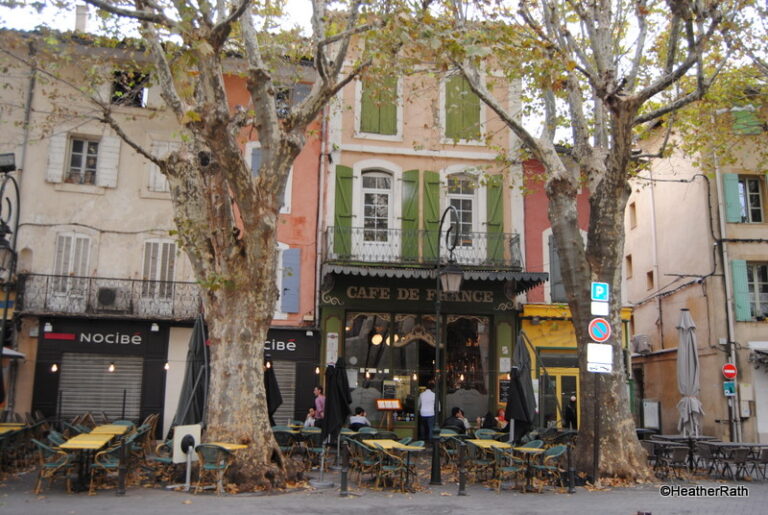More than a Chocolate Farm in Panama

Chocolate and Jungle
“Learn how chocolate is made. Walk our botanical gardens, and tour our nature preserve to get a full jungle experience.” – Green Acres Organic Chocolate Farm, Dolphin Bay, Panama
By boat…
We visited this organic chocolate farm on the mainland accessible only by water.
From the town capital of Bocas del Toro (translation: mouth of the bull) in the province of the same name, we hired Bacho and his son Ethan to pilot us in an open motorboat to the farm. We passed pods of dolphins swimming alongside us in Dolphin Bay.
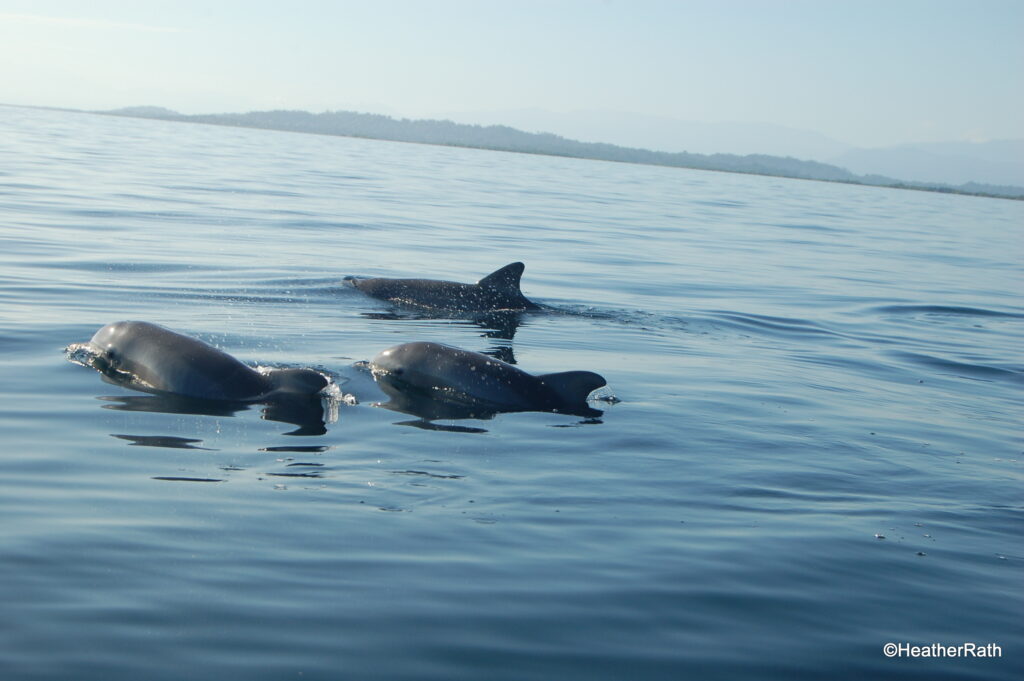
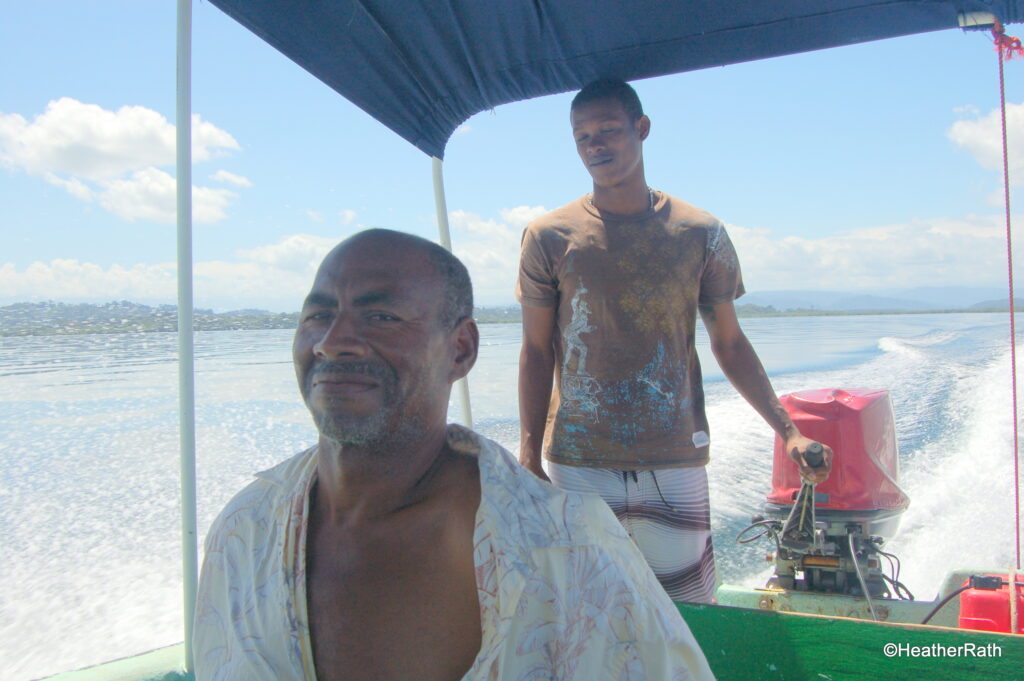
Yes, we have no bananas…
The United Fruit Company owned and operated a banana plantation on this chocolate farm for about 100 years. It abandoned the land when the banana plants suffered a deadly blight.
Purchased by an American couple
An American couple negotiated a purchase of the land in 1996.
To their delight, they discovered rare Criollo cacao trees — native to Central America and the Caribbean — on the property.
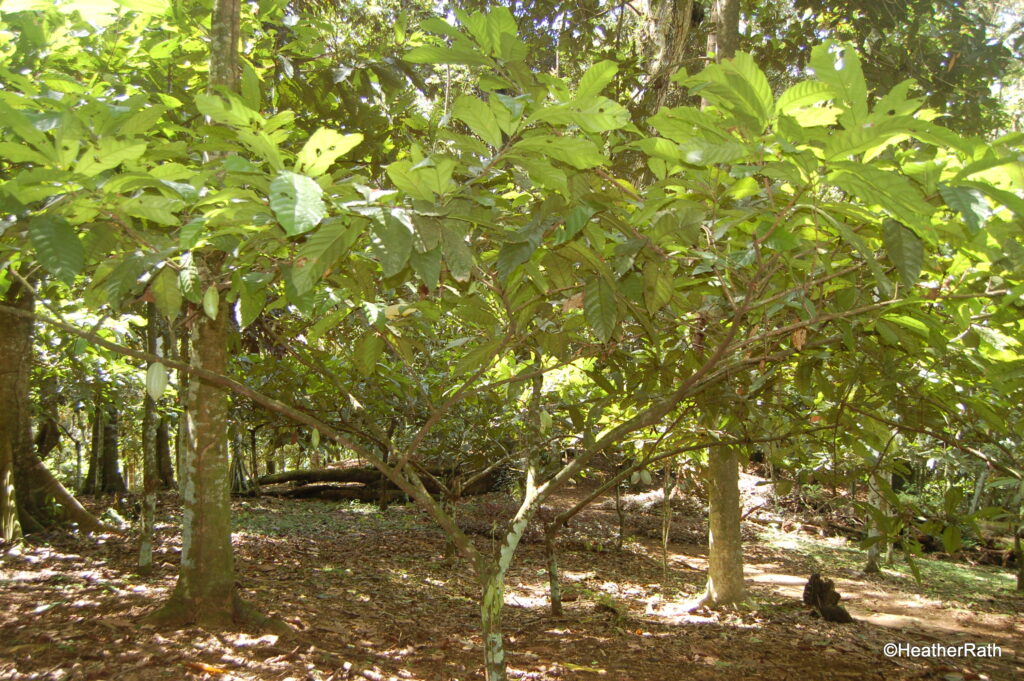
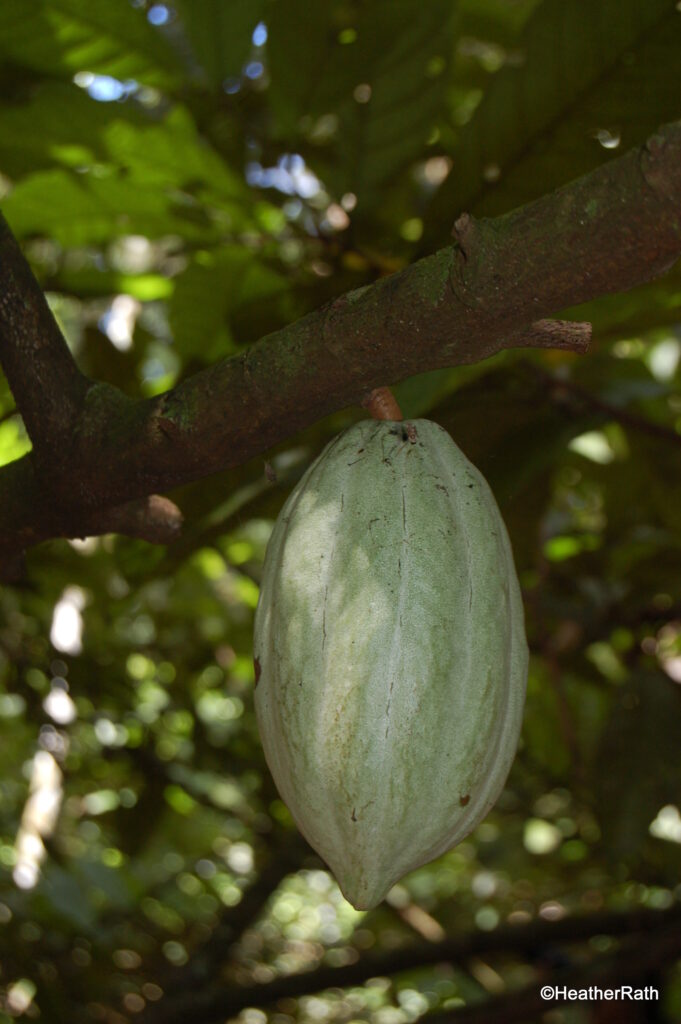
Chocolate Farm
Today, the chocolate farm and its surrounding jungle habitat, is a hot tourist destination along Panama’s Atlantic coast.
Criollo cacao – the rare inside story
Criollo beans represent only 5% of all cacao beans grown worldwide.
The bean is the rarest and most sought-after bean on the market today.
The flavour of Criollo is described as delicate yet complex, low in classic chocolate flavour, rich in secondary ‘notes of long duration’.
Cacao, Cocoa, Cocoa Butter
First, there is bean separation and then…
…the cacao and cocoa butter are separated from the seed.
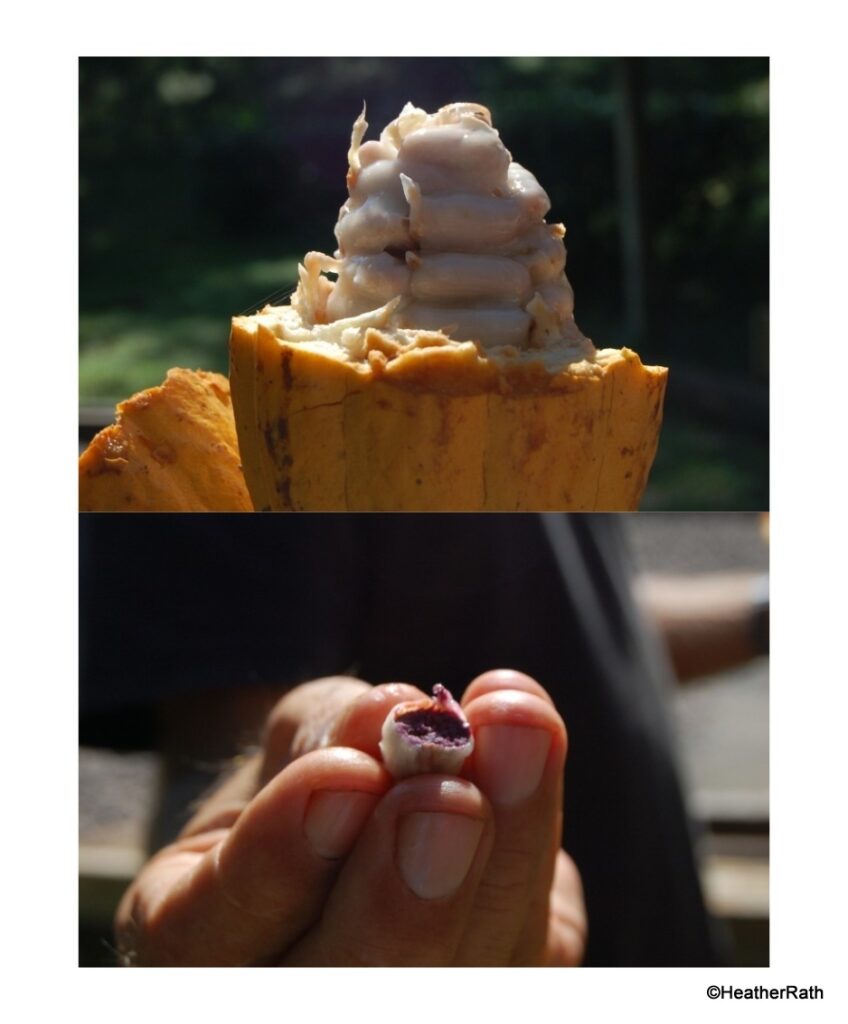
Heating the cacao produces chocolate. The cocoa (cacao) butter is added back depending on the requirement by the buyer. The U.S. receives 50%; Europe requests 60-90%. (Some use “cacao” for the pods, beans and ground-up contents of the beans, reserving “cocoa” for the powder left after pressing the fat out of the ground beans.)
Cocoa butter is also used by the cosmetic industry. There, the butter is more valuable on its own rather than in the chocolate.
Processing
All processing methods use low tech equipment run with only solar energy.
Cacao Farming au naturel
Without farming, the trees reproduce naturally: squirrels and other rodents chew the pod to reach the sweet gelatinous covering. The rodents spit out the seed. And from this regurgitated seed may develop a new tree.
Over 200 cacao trees grow on this farm.
Cacao nutrients
Cacao is packed with bioflavonoids. And it contains three times the amounts of antioxidants as broccoli.
Pure chocolate is believed to stimulate the production of endorphins in the body.
More Secrets of the Jungle:
Scorpions/arthritis
The owner explained that a scorpion had stung his hand. As a result, gradually his hand, then part of his arm, went numb. This numbness lasted for about a month. When the numbness disappeared, he noticed so did the arthritis in his hands.
He also observed arthritis in one shoulder had disappeared.
Then he revealed he knew of a U.S. clinic that uses controlled bee stings to treat arthritis.
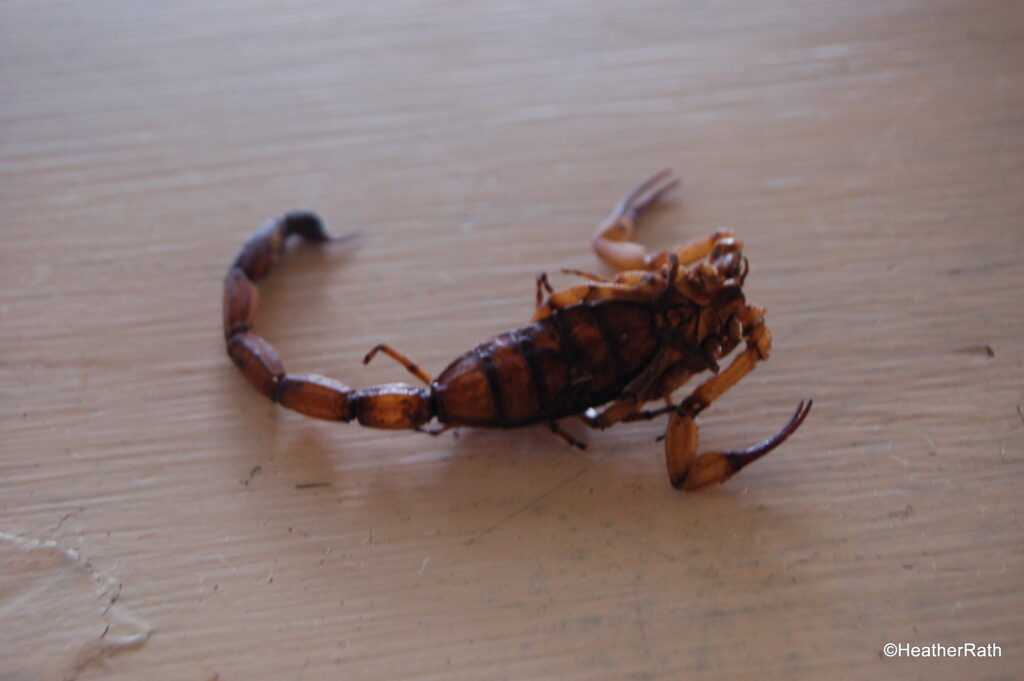
Army ants aka Molly Maid on manoeuvres
The owner shared this personal experience about army ants:
Every few months he reported his house was invaded by hundreds of army ants. Their diet includes scorpions, cockroaches, and other harmful insects.
When the army ants are on manoeuvres — and to make their job easier — he and his wife leave the house for several days.
That’s because they noticed the Molly Maid army ants leave their house super clean after a couple of days of scrounging and munching.
They devour all nasty insects.
Golden Orb Weaver Spider
The web of the Golden Orb Weaver Spider is incredibly strong. One cannot break the strands.
Because of this remarkable unbreakable feature, there is a strong belief any simulated production of the web’s material will replace Kevlar in future bullet proof vests.
Plus: the material is lighter and stronger than Kevlar.
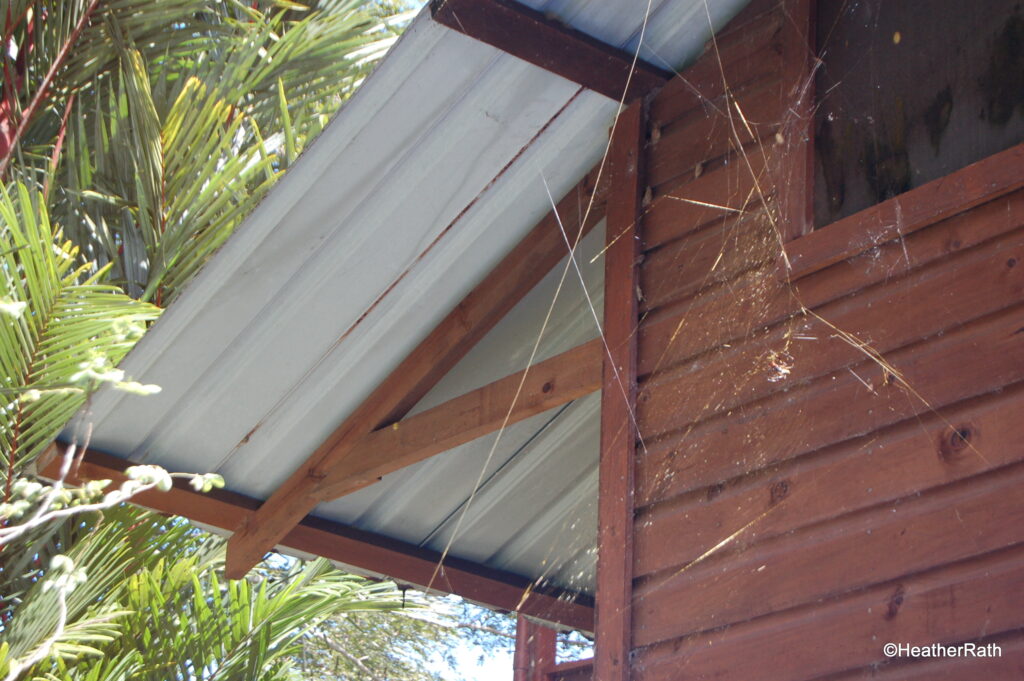
Termites as food
If you are stranded in the jungle without food, eat termites. They are a source of protein.
Norm decided to test this new delicacy. He collected and munched on some live termites taken directly from the nest.
His report?
He reports they have a very slight taste of almonds. Others reported they tasted like celery seeds.
Bandit Green Poison Dart Frog – small and dangerous
The shimmering green colour of this amphibian attracts the eye. But beware the dangerous Bandit Green Poison Dart frog.
The neurotoxin released by this frog is poisonous.
Indigenous hunters used this toxic liquid on the tips of their blow darts. The poison paralyzed their prey so the hunter could move in for the kill.
The poison originates from the frogs’ diet of mites.
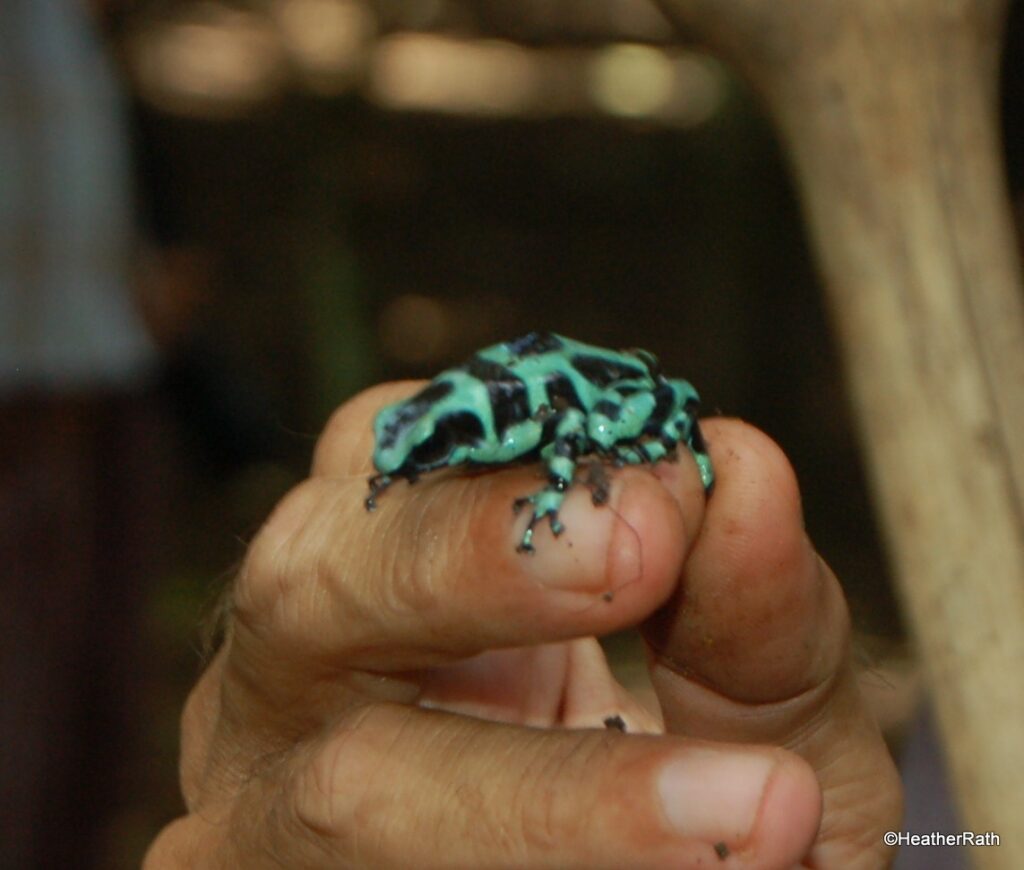
But…
But when kept in captivity with a different diet, the frogs are not poisonous.
Amazing Walking Palm Tree
Also called Cashapona this amazing palm ‘walks’.
How?
There is no central root system. When the palm does not get sufficient sunlight, it sends out root shoots in the direction of the light. The shoots on the opposite side begin to wither and die.
Over time, the tree actually moves toward the light. Maximum movement is about 6 inches per year.
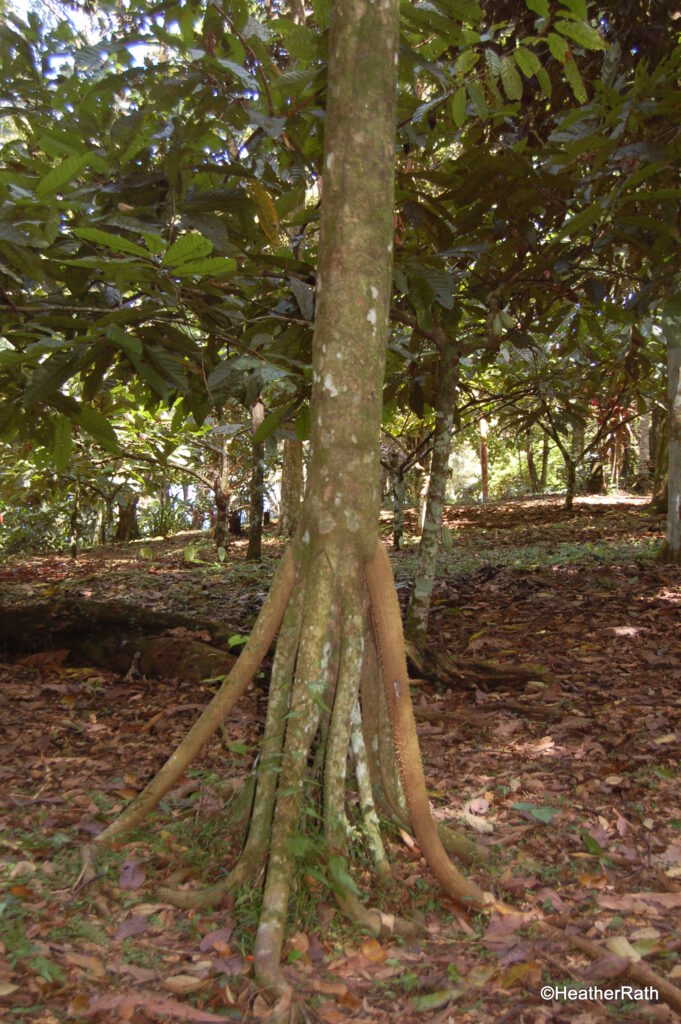
More Jungle delights…
Watch for the:
-two-toed sloth clinging to a tree trunk
-Yesterday, Today and Tomorrow Flower
-Pink tulip ginger
-Panama Hat Palm
-Dragon claw flower
-Spiny Palm: Its spikes were used by the indigenous people as darts for their blow dart guns. The tips were dipped in poison from the varieties of Poison Dart frogs available. The spikes also prevented animals from climbing the palm and choking vines attaching to the palm.
Bottom row, l to r: Panama hat palm; dragon claw flower; spiny palm
COVID update
For travellers information on Covid in Panama click here.
Sights and Sounds of Bocas del Toro
sights of Bocas del Toro
How to Get There
There are flights from Panama City and David, Panama on Air Panama.
We drove from David and had the experience of driving over the Continental Divide. The drive to Almirante on the mainland took 4-5 hours. A short boatride then to the island to Bocas del Toro
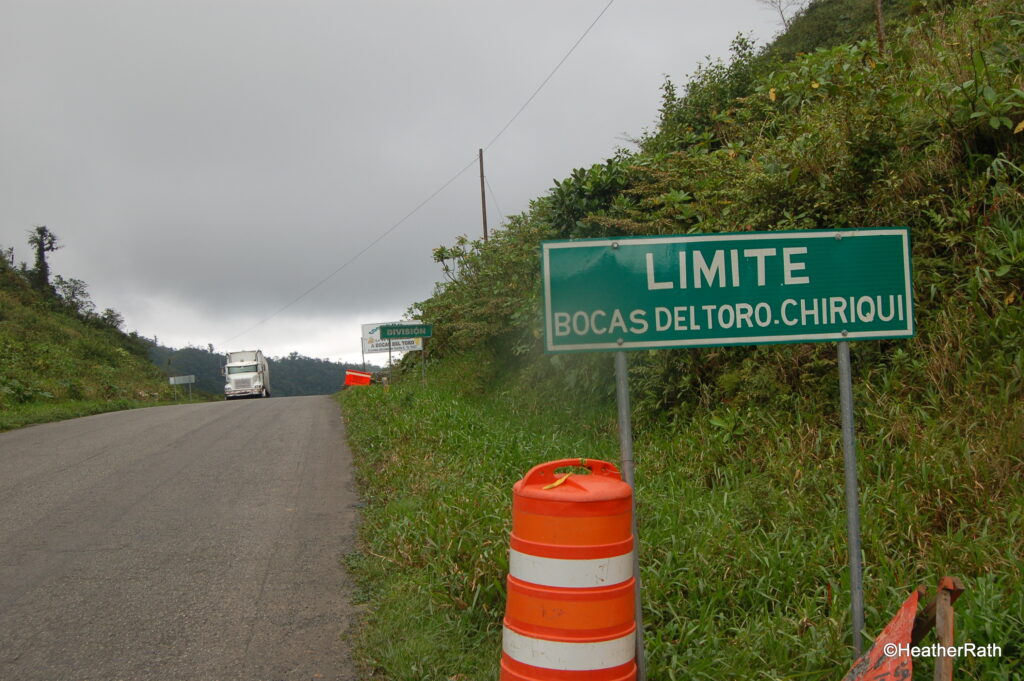

Where to Stay
We stayed at at Las Olas (Bocas del Toro). It was moderately priced and overlooked the Carribbean Sea. Breakfast was included. At the moment it is not open but may do soon after Covid. For other hotels click here.
TIP – we had good food and drinks at My Happy Place Beach Bar and Grill
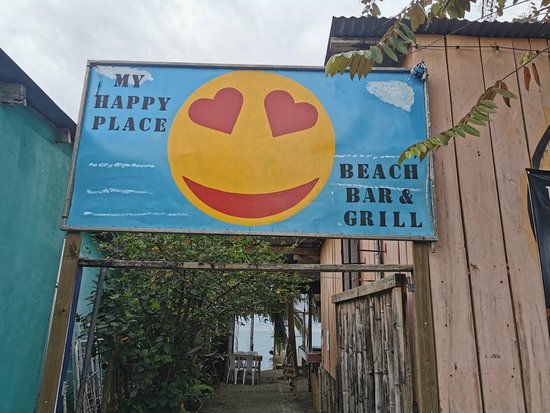
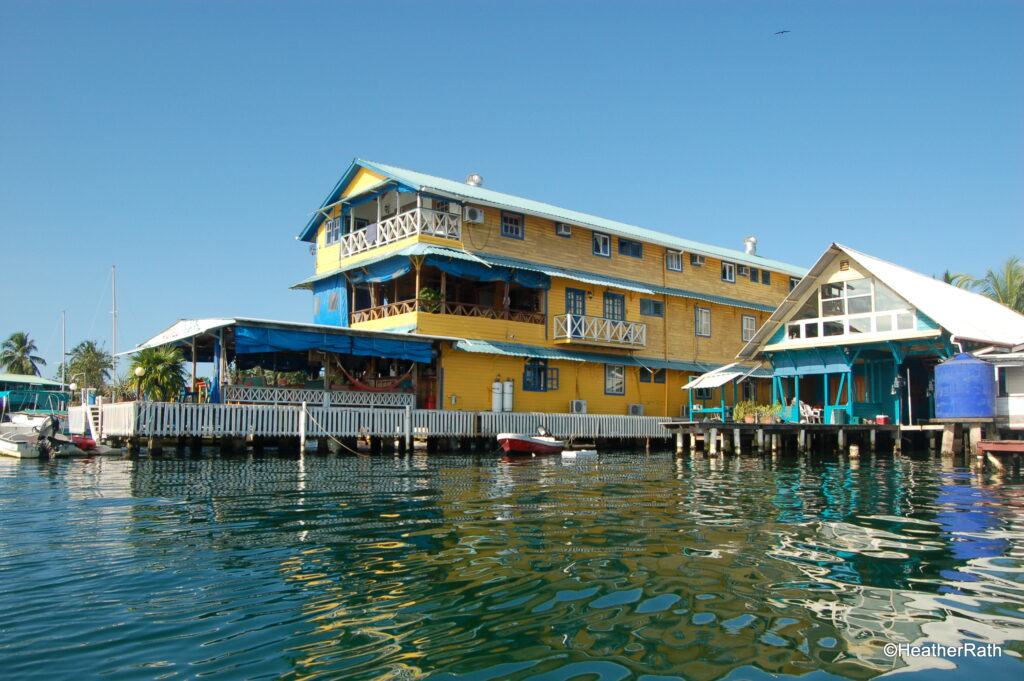
Visas for Panama
For information on entry to Panama click here.
Read Our Other Blogs from Central America
Travelled: February, 2015
